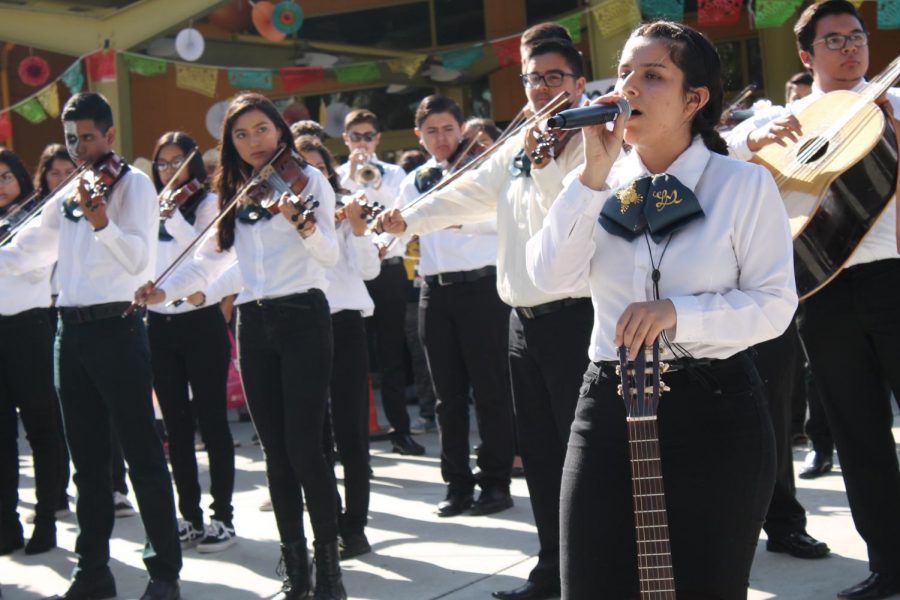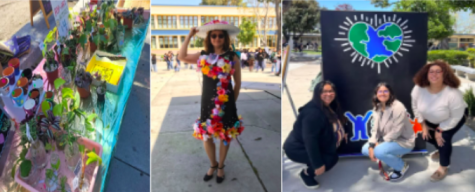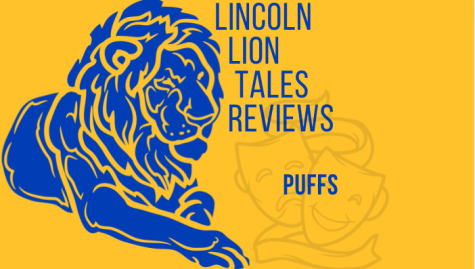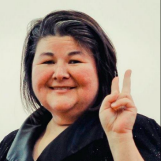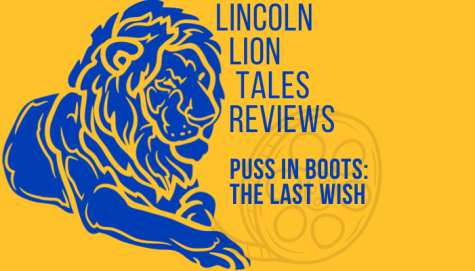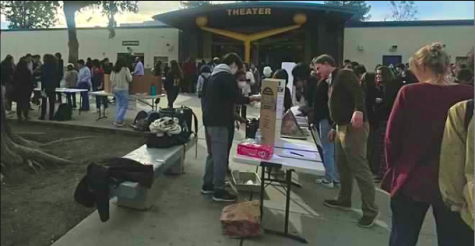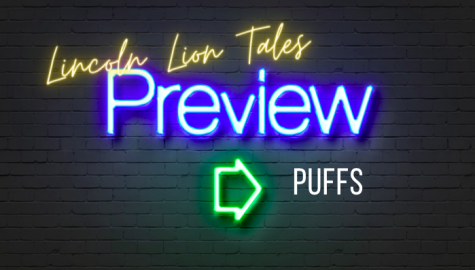OPINION: Cultural Identity at Lincoln, A Reporter’s Perspective
Much like the world we live in today, our nation is a melting pot of cultures. Instead of having one neatly defined ancestral culture that dominates the life of most Americans, we are a mix of many influences from every country in the world. Even as we founded our nation, the fledgling colonies were a mix of English, Dutch, German, and French immigrants to the New World.
And while we might like to think that our culture is “American” because we live in the United States, it is and isn’t at the same time. Our culture is American because, since it is accepted and common in the nation, we can call it American by categorization. However, the practices and origin are not American, as since they are born and are originally from another country, they belong to that country.
Living in California, more specifically San Jose, these cultures, while still present, are narrowed down and some show more than others. Here at Lincoln, there is really only one minority culture that is presented in classes and practices, even in the school’s demographics: Hispanic culture.
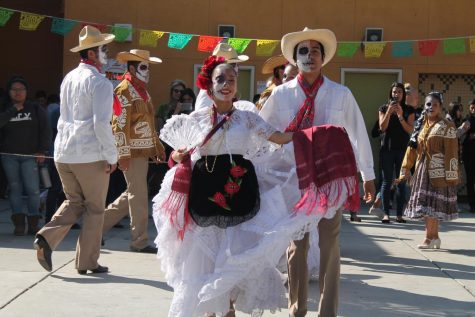
Hispanic culture is represented in classes, such as Folklórico, Xóchitl, Mariachi, and the recently Mexican-American History class. And in the interest of finding how Hispanic culture in classes, in clubs, and in the outside community affected and influenced Lincoln, I began interviewing people involved in these projects.
The first place I visited was Silicon Valley De-Bug, a corner building on Lenzen and Stockton. De-Bug presents itself as a community outreach center, but it does so much more. It acts a community outreach center, a resource for those in the community who need it, and a hub for event planning and spreading the word about those events.
At De-Bug, I talked to Fernando Pérez, the head of the film department at De-Bug and brother of Lincoln alumni and Spanish teacher, Ms. Iliana Pérez. At the offices, some people lead writing, others lead community affairs, while Fernando is lead video coordinator, focusing much of his efforts and talents to create videography for individuals recently incarcerated.
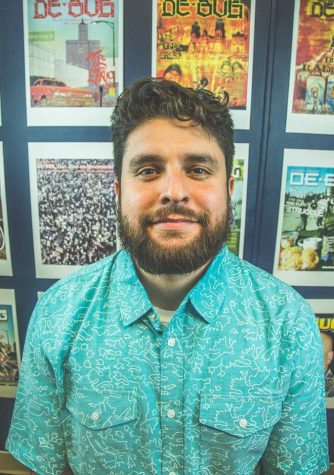
Fernando Pérez, 2017, at De Bug offices in San Jose, CA. (Jean Melesaine, courtesy of Iliana Perez / for Lincoln Lion Tales).
I asked him what he thought about De-Bug’s role in the community. He told me the beginnings of De-Bug, where temp workers on an assembly line would meet in the back of a Vietnamese restaurant to blow steam about the day. Soon thereafter, De-Bug was born and transferred into a small space in the Northside of San Jose. The current location is actually the third location in the company’s history.
Fernando told me that the main role in De-Bug is to just speak for others that have no voice. Much like any other big city, some people suffer in the name of expansion or modernization. De-Bug’s “voice” seeks to bring awareness and protection to undocumented immigrants, African-Americans and Hispanic-American who feel threatened by the police, and mainly the minorities in the community and other parts of the city.
I asked him what he thought the term “cultural identity” meant to him. He opened up on his experiences at Lincoln, including the MEChA club and his identity as a Mexican-American student. Fernando has an experience that resonates with many people here, including myself. While in high school, he said that he felt “too white for the Mexican kids and too Mexican for the white kids.”
My perspective as a student of color at Lincoln has led me to believe that there are kids who feel uncertain about their racial identity. For some, it may seem that, since we don’t always represent our heritage, it may seem inappropriate to say you associate yourself with that same heritage. When I was younger, I was hesitant to label myself “Mexican” because I wasn’t born in Mexico and I never did any Mexican traditions, so for the longest time I felt it wasn’t okay to do so. After talking with Fernando, many things have come from it. Not only have I answered some questions about myself, but now there is more exposure for an organization with a wholesome message for the community: help those who need it.
After talking to De-Bug, I came back to Lincoln and talked to Mr. Oscar Guzman, an Assistant Principal at Lincoln, about cultural classes and how they can be developed. I asked him how classes can be made at the school. The three ways are for the administration to determine it to be a great need to the curriculum, for teachers to ask for specific classes they’d like to teach, and (a lesser sought option) student input and determination for a new class.
At Lincoln, there are a few classes already that deal with Hispanic culture, those being Marachi, Folklorico & Xochitl, Mexican-American History, and Latino Literature. While it would be nice to see more culturally centered classes at Lincoln, the staffing might be an issue. In making a class, it isn’t enough to have a class idea and getting approved by the district, there needs to be a teacher willing to teach that class. Some teachers may be unwilling to teach such sensitive material or they are not aware of the power culturally based learning holds. To have a cultural class, there needs to be a combination of students willing to take that class, teachers willing to teach it, and administrators willing to okay it.
Throughout this period of research, I came to realize something. That while we, in our homes and minds, accept and are proud of our heritage, it is sometimes hard to see it in the outside world. Cultures tend to blend together to create new countries, nationalities, or even new cultural identities. So it may be hard sometimes to separate your own culture from the ones around you. Culture is a combination of things in your life. And while it may be a given, it is important to be proud of it.
Andrew Yslava is a senior at Abraham Lincoln High School in San Jose, Calif. Born and raised in the heart of the Silicon Valley, he spends his spare time...

